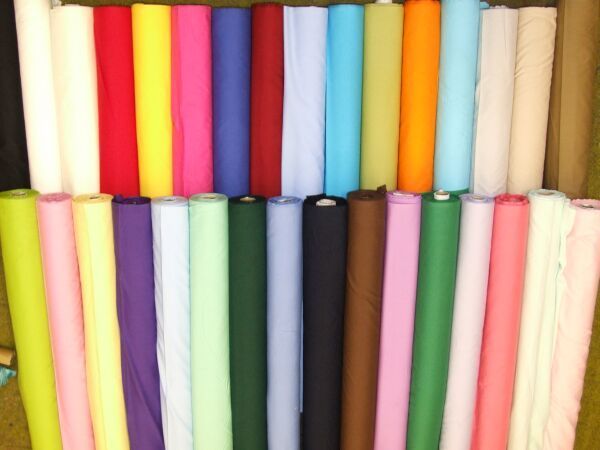Plain
In the textile industry, a plain weave is a type of basic weave pattern that is created by interlacing warp and weft threads in a simple, alternating pattern. In a plain weave, each weft thread passes over one warp thread and then under the next warp thread, and this pattern is repeated throughout the fabric.
Fabrics made from plain weave are known for their strength, durability, and versatility. They are typically lightweight, have a smooth surface, and are breathable. Because of these qualities, plain weave fabrics are used in a wide range of applications, including apparel, home decor, and industrial products.
Examples of plain weave fabrics include cotton, linen, silk, and polyester fabrics, as well as fabrics made from blends of different fibers. Some common types of plain weave fabrics include muslin, percale, broadcloth, and poplin.
Plain weave fabrics can be further enhanced with different finishes, such as dyeing, printing, or embroidery, to create different colors, patterns, and textures. They can also be treated with different processes, such as mercerization or calendering, to enhance their durability, shine, or smoothness.
Overall, plain weave is a basic but essential pattern in the textile industry, and fabrics made from plain weave are widely used in a variety of applications due to their versatility, strength, and durability.

